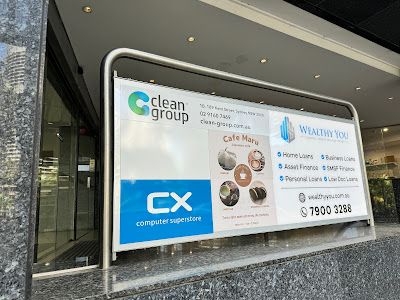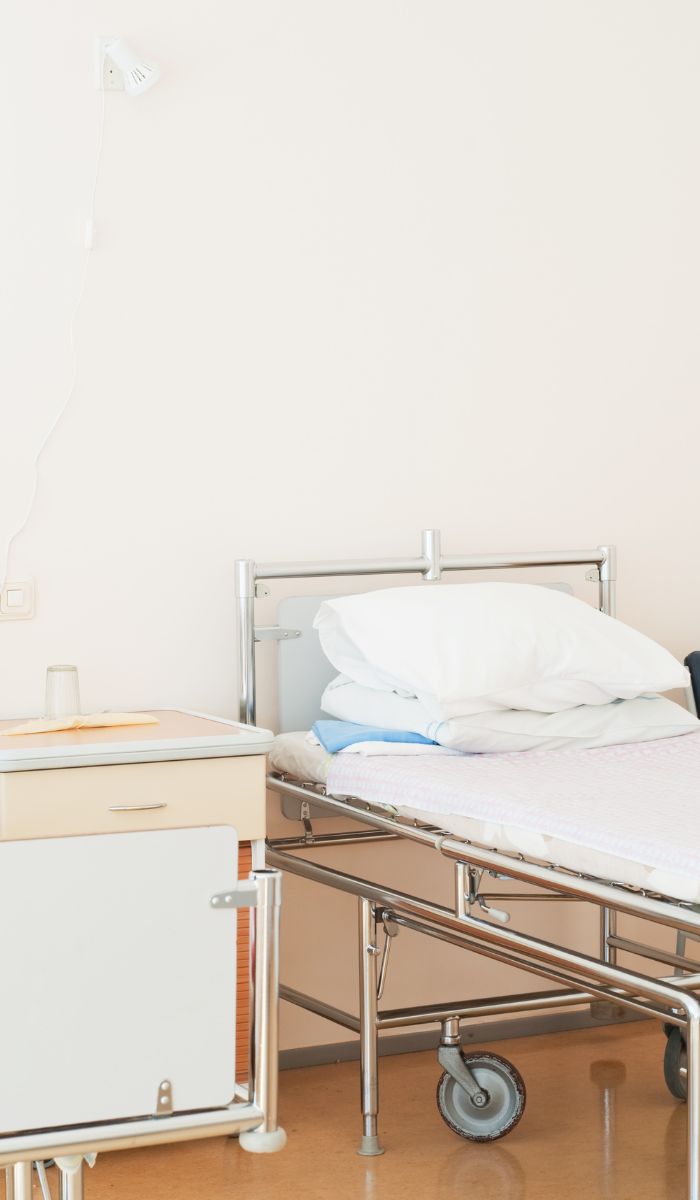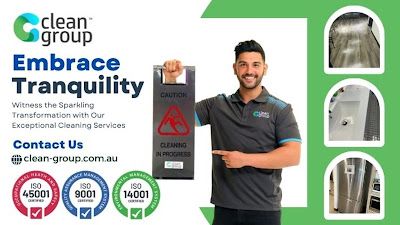
Why Are Background Checks Encouraged for Commercial Cleaners?
Scheduling Night-Time Cleaning for Office Buildings
Another aspect of sustainability in the cleaning industry is the growing adoption of reusable cleaning materials. In the past, disposable cleaning items such as mop heads, rags, and wipes were commonly used and discarded. Today, businesses are increasingly using microfiber cloths, which are durable, washable, and effective at cleaning without the need for chemical cleaning agents. These cloths are particularly useful because they can remove dirt and bacteria more effectively than traditional cotton rags, reducing the need for chemical disinfectants and ensuring that fewer disposable products end up in landfills. Clean Group provides comprehensive and professional Commercial Cleaning Sydney across Sydney, NSW. Our fully insured, trained, and security-verified cleaners ensure your workplace stays spotless and hygienic. Schedule a free onsite quote today—book online or call us at 02 9160 7469. Get your obligation-free commercial cleaning estimate for offices, buildings, and other business spaces in Sydney.. By implementing these methods, the cleaning industry is making strides toward reducing waste and promoting a circular economy, where products are reused and recycled.
Another area where the cleaning industry is evolving is in the realm of industrial cleaning. In sectors like oil and gas, mining, and chemical production, industrial cleaning is vital for maintaining the safety and efficiency of equipment. The cleaning methods in these industries often involve high-pressure water jets, abrasive blasting, or chemical solvents to remove tough residues, oils, and other contaminants. Given the harsh environments and potentially hazardous materials involved, industrial cleaners must be highly trained to work with specialized equipment and follow strict safety protocols.


